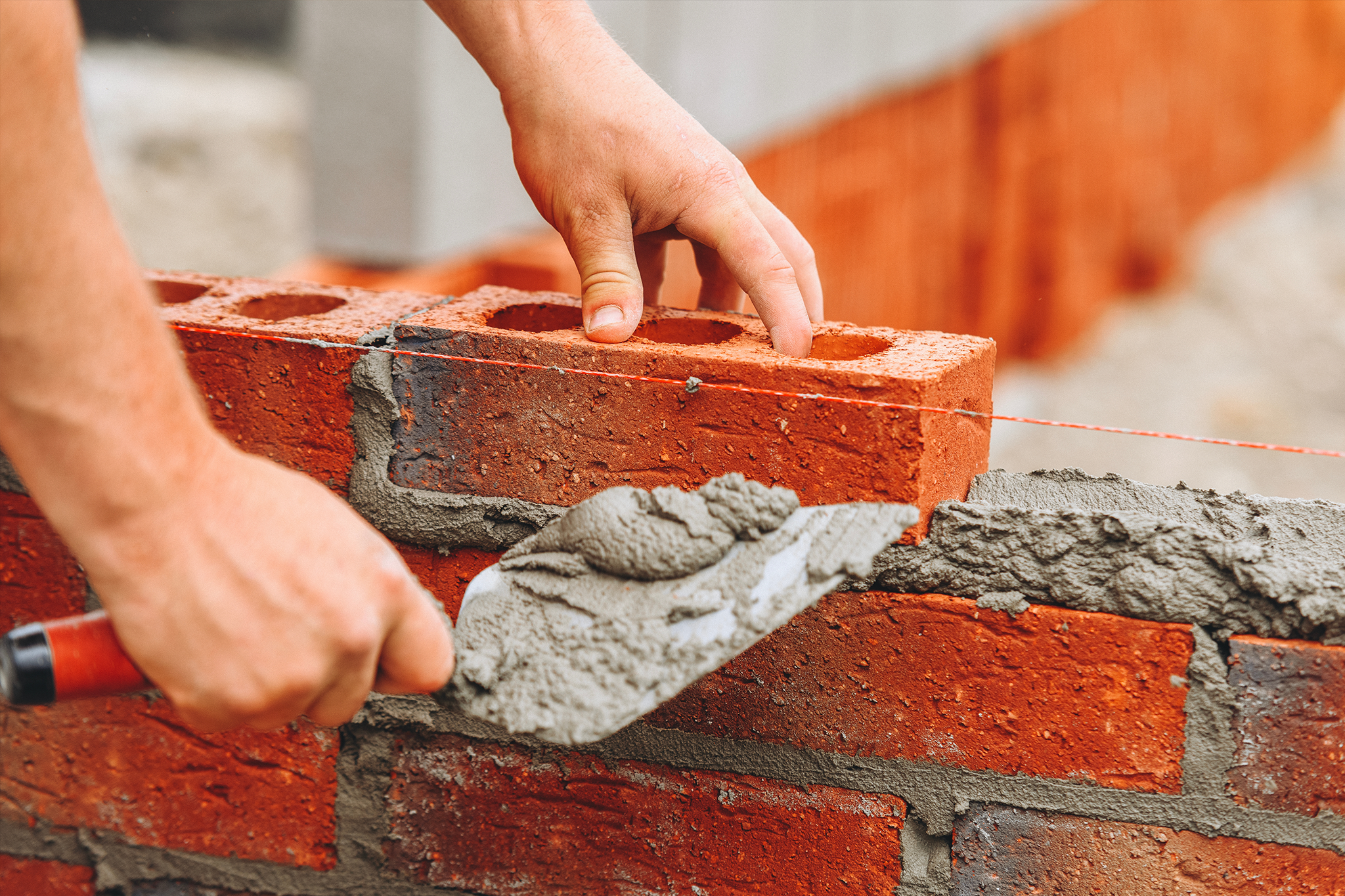

Buying a property? Here’s what you need to know
Buying land can be a stressful and lengthy process. While location is important and is often at the forefront of people’s minds, it’s not the only thing that needs to be considered. We’ve compiled a list of some of the main things you should think about before you purchase a property.
Zoning
You’ve probably heard of zoning, but you may not understand the legalities or rationale behind it. Basically, zoning dictates what can be built on a particular block of land. The idea behind zoning is that local governments need to regulate the use of land and buildings to ensure efficient land use and development. There are various zoning categories, including commercial, industrial and residential. Depending on where the relevant property is located, you need to ensure that it is approved for residential use. If you plan to redevelop residential land, then the zoning will indicate exactly what can be built there (e.g. a subdivision). Additionally, if you plan to renovate or expand, then you will need to confirm whether the property is in a ‘heritage zone’, as there may be restrictions on what you can do. You can find out whether a property is heritage listed here.
Location
We don’t need to tell you how important location is! There are various factors that you will have to weigh up when considering location, including the neighbourhood, local schools, amenities, transport, and development. First and foremost, it’s important that your home is located somewhere that makes you feel comfortable and safe. Affordable safe areas may not be as central as you hope, but the extra travel time will be well worth the peace of mind.
When considering a block of land, take a walk around the neighbourhood to get a feel for the area and the people who live there. While doing so, take note of the local shops, schools and amenities including libraries and community centres. If you have or are planning to have children, then you should do extensive research on the schools in the area before purchasing.
You may also require convenient access to transport services, such as buses and trains. Finding a property with easy access to these services will likely make it easier to sell the property in the future. It’s also wise to find out about any current or future development in the area that may make the property more, or less, desirable. For example, if there are plans to construct an office building that will block your property’s view, then this is something you should know about in advance. Ultimately, you need to find somewhere that you feel safe, comfortable, and that has convenient access to those amenities and services that are most important to you.
Property boundaries
When buying a property, many people choose not to have a survey conducted due to the financial burden. However, the reality is that having a survey conducted can save you extensive costs in the long run. A survey will clearly show the boundaries of the property, along with the lot size and description. Importantly, it will ensure that the land described in the transfer is actually the land you want to buy (yes, this has gone wrong before… eek). Properly identifying boundaries will avoid any future disputes with neighbours over fence lines, which can get especially complicated if construction has already commenced. Having a survey completed essentially provides you and your investment with a level of protection that, in our opinion, is worth every penny.
Obtain a copy of the ‘Certificate of Title’
If you’ve found a block of land that you like, you must ensure to obtain a copy of the Certificate of Title from the seller’s agent. As explained by Landgate, the Certificate of Title is a legal document that records the present owner of a piece of land or property. You do not need to be the owner of a property to order a copy of the Certificate of Title. The Certificate of Title will list all of the registered interests that affect the land, including any existing mortgages, easements or restrictive covenants on the property. In essence, it will tell you what rights third parties have with respect to the property that may affect your enjoyment of the land as the new owner. REIWA has broken down the legal jargon within the article, ‘Understanding covenants and easements”. We recommend that anyone who is in the market for a new property gives it a read!
Concluding thoughts…
Buying a property is a significant investment, not only financially, but also on a personal level. The process can be stressful and tiring, so it’s best to be prepared, do your research, and consult with the experts to avoid any disputes or issues arising along the way. If you’d like to speak to one of our team members about purchasing land, then visit our website to contact us today.



